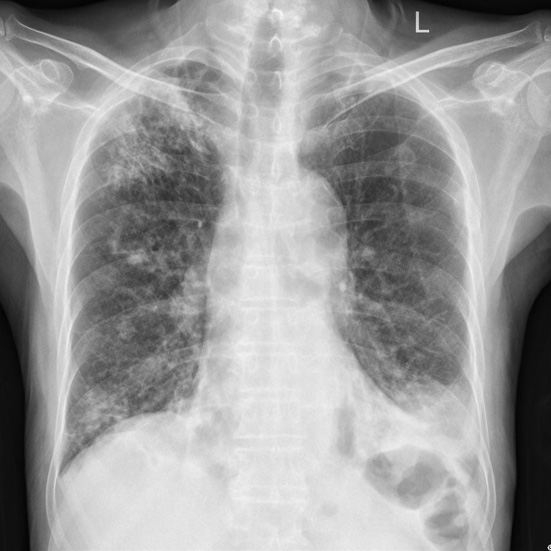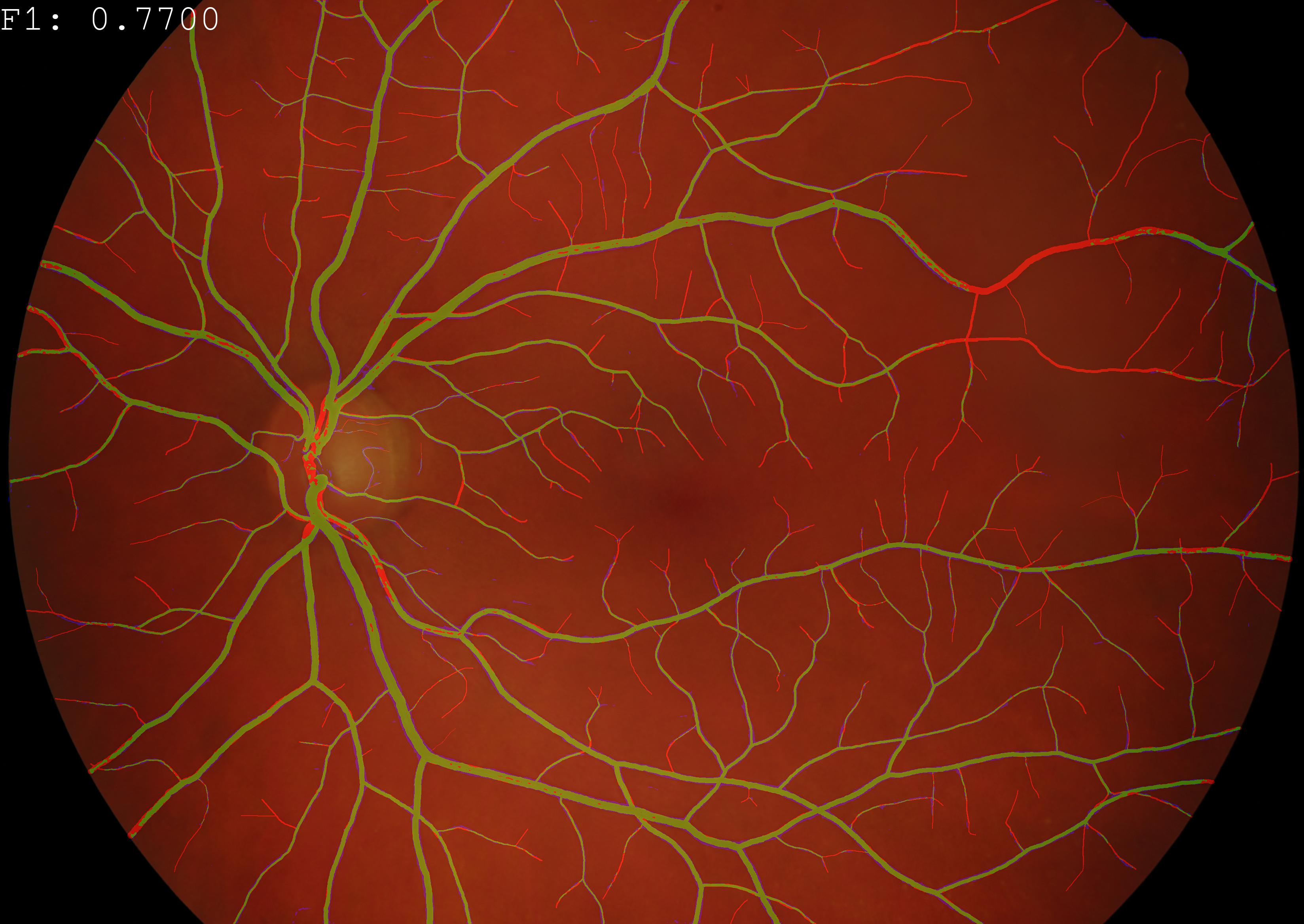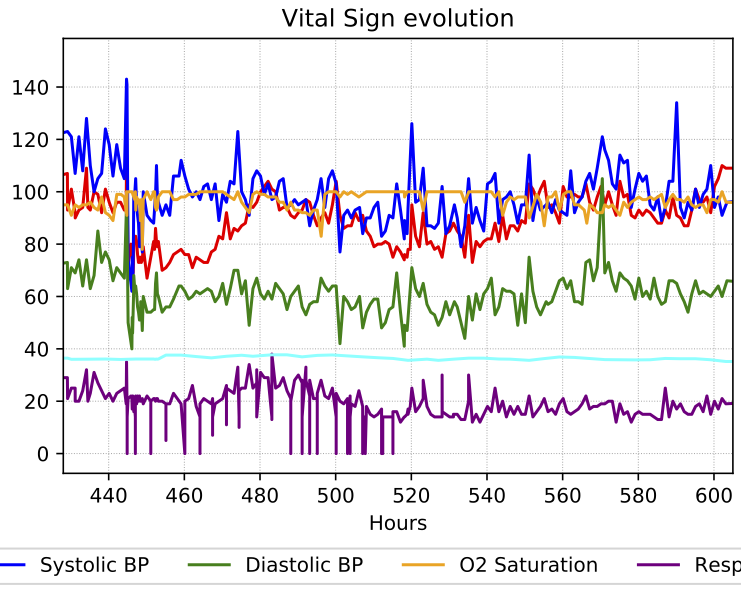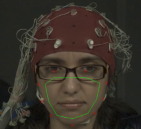We address the problem of reproducible research in remote
photo-plethysmography (rPPG). Most of the work published in this
domain is assessed on privately-owned databases, making it difficult
to evaluate proposed algorithms in a standard and principled manner.
As a consequence, we present a new, publicly available database
containing a relatively large number of subjects recorded under two
different lighting conditions. Also, three state-of-the-art rPPG
algorithms from the literature were selected, implemented and
released as open source free software. After a thorough, unbiased
experimental evaluation in various settings, it is shown that none of
the selected algorithms is precise enough to be used in a real-world
scenario.





